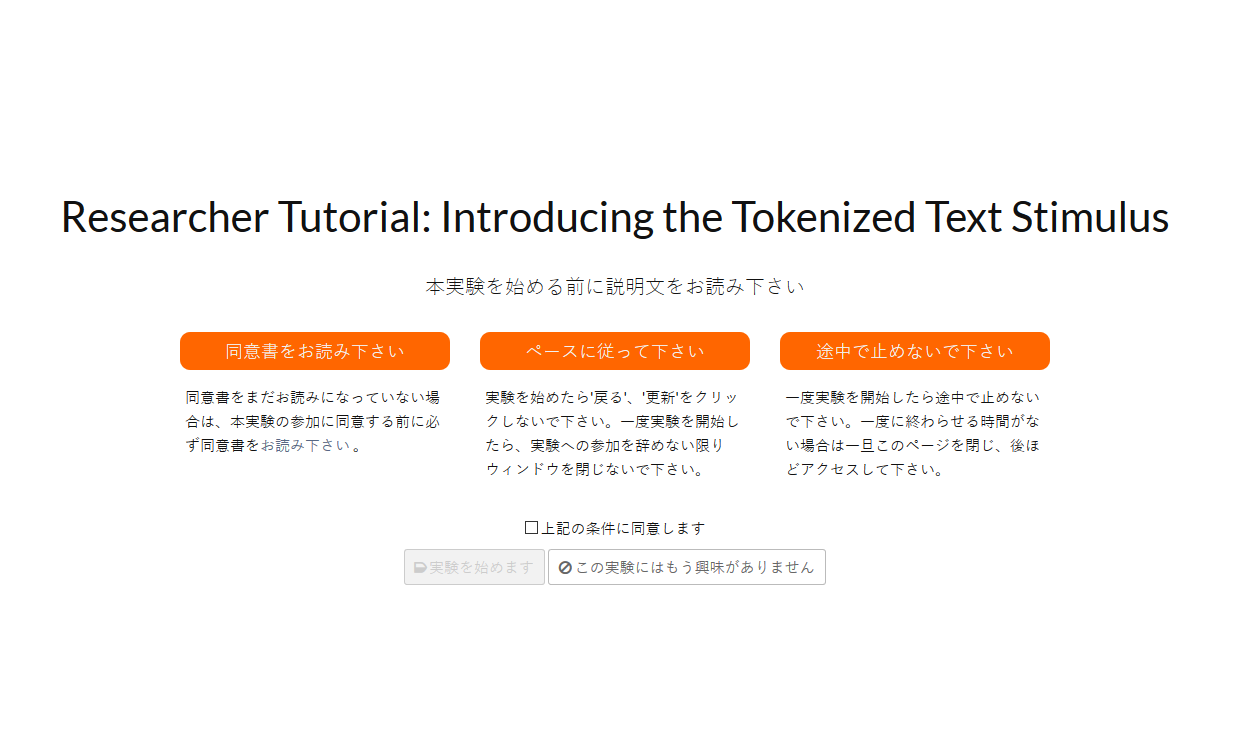The core mission of FindingFive is to make the life of behavioral researchers just a little bit easier when it comes to conducting online studies. We are curious about how much success we have achieved, and how much work there is left to do. To that end, we asked a few researcher users of FindingFive for their thoughts on the FindingFive experience.

Hey, who are you? Please tell us a little about yourself.
My name is Shannon Grippando. I’m a Ph.D. candidate at the University of Arizona’s linguistics department. My research areas are in psycholinguistics, orthography, speech production, and lexical access.
In my dissertation I’m investigating how various forms of written language complexity can interact with speech production processes to influence speech behavior. I use a range of methodologies to address my research questions, including multiday novel language learning experiments, ABX tasks, and lexical decision tasks.
When did you start conducting web-based studies? What were the initial obstacles to moving an in-lab study online?
Prior to using FindingFive, I conducted most of my research in-lab. I had some experience developing experiments that participants could run remotely on their own computers. They would receive the experimental script over email, run the experiment on their computer through an .exe file, and then email the data file back to the researcher. Some participants were understandably hesitant to run a foreign program on their program, and others found starting the experiment to be a bit technically involved.
What types of web-based studies have you conducted using FindingFive? Feel free to discuss one specific study in a few short sentences.
I’m currently conducting a series of multiday novel word learning experiments on FindingFive. Participants learn a novel language and a novel orthography over the course of three days. Tasks include word learning drills, multiple choice comprehension questions, visual and auditory lexical decision, and speech production via picture naming and reading.
What is the most valuable feature of FindingFive for you?
“… when conducting fieldwork abroad, I no longer have to worry about storing or misplacing my experimental materials while traveling because everything is hosted online.”
Shannon Grippando
FindingFive’s ease of access for participants is invaluable. Currently I am collecting data from American and Japanese participants, so it’s important that both populations are able to access the experiments easily. (Editor’s note: FindingFive completely translated the interfaces of Shannon’s study into Japanese to overcome any language barriers that Japanese participants might face; see the screenshot below!) Because FindingFive runs experiments in a browser, it’s been a smooth experience running participants from across the world.

Additionally, when conducting fieldwork abroad, I no longer have to worry about storing or misplacing my experimental materials while traveling because everything is hosted online. When I have the opportunity to run participants in-person while doing fieldwork, I can simply have an experiment ready for them on my computer. This also reduces the amount of equipment I need to bring with me when I do research: every computer with internet access that is available to me at a host institution is a potential location to run participants, and I don’t have download experimental software onto these computers.
What other platforms have you used in the past? Did you code your experiments yourself? Please share with us your experiences in creating studies with and without FindingFive.
Previously I mostly created my experiments with DMDX and PsychoPy. FindingFive’s interface and programming language have been incredibly easy to work with. As I discussed above, having all of my materials and scripts hosted online has been a huge help. It can be easy for an experiment to get out of hand in terms of organization. When running experiments on other platforms, if I need to make a change to a script or materials, I need to change all versions of all scripts or materials across all computers that are running the experiment. With FindingFive, it’s much easier to make these changes when I inevitably discover issues.
If you could ask for one feature (for creating or managing studies) on FindingFive, what would it be? How will it make your research easier?
I think a valuable feature for me would be to have some sort of participant completion notification. My 3-day experiments can be fairly complicated to administer and compensate participants for. It would be great to be notified when a participant finishes a session so that I can send them compensation quicker, rather than manually checking participation for each version of my experiment. I also have specific timing requirements for when participants must finish the next session in an experiment after they’ve begun the first session. It would be helpful to be able to automatically contact participants through FindingFive with reminders to take the next on time.
This interview was conducted by sending our questions to FindingFive researchers via email. Responses were edited for length and typos. Researchers do not receive any compensation for participating in our interviews. If you’re a researcher using FindingFive and are interested in sharing your experience with us, please reach out to our researcher help team at researcher.help@findingfive.com!


Comments are closed.